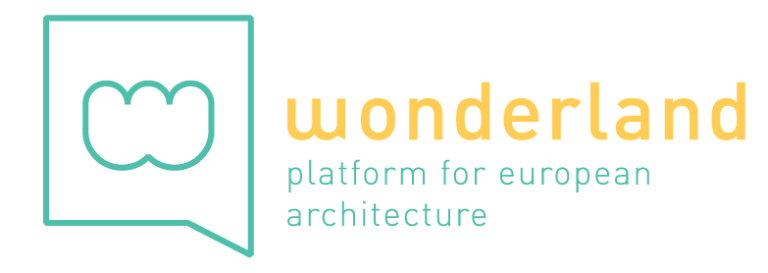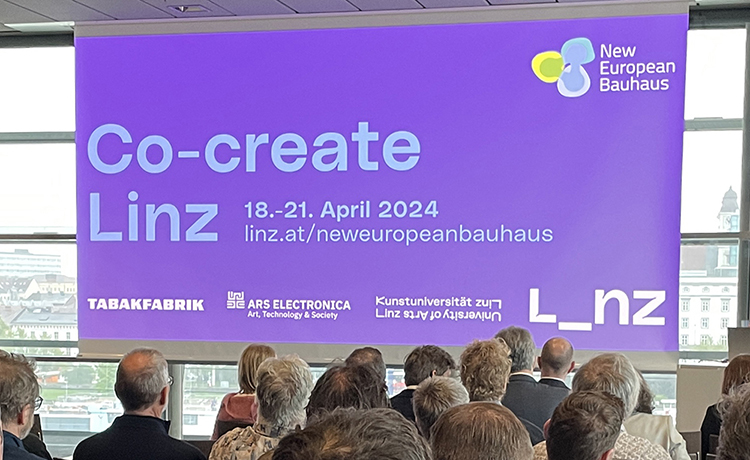Linz, a city grappling with the daily challenges of urban development and climate change welcomed the Symposium “More than a City” on April 18, 2024.
Organized by the City of Linz in collaboration with various stakeholders, including other municipalities and a diverse group of expert professionals such as property developers, planners, and engaged citizens, the focal point of the symposium was the exploration of city strategies, with discussions centered around integrating the values of the New European Bauhaus into urban development practices. The event took place at the SkyLOFT in the Ars Electronica Center. Throughout the day, participants engaged in presentations.
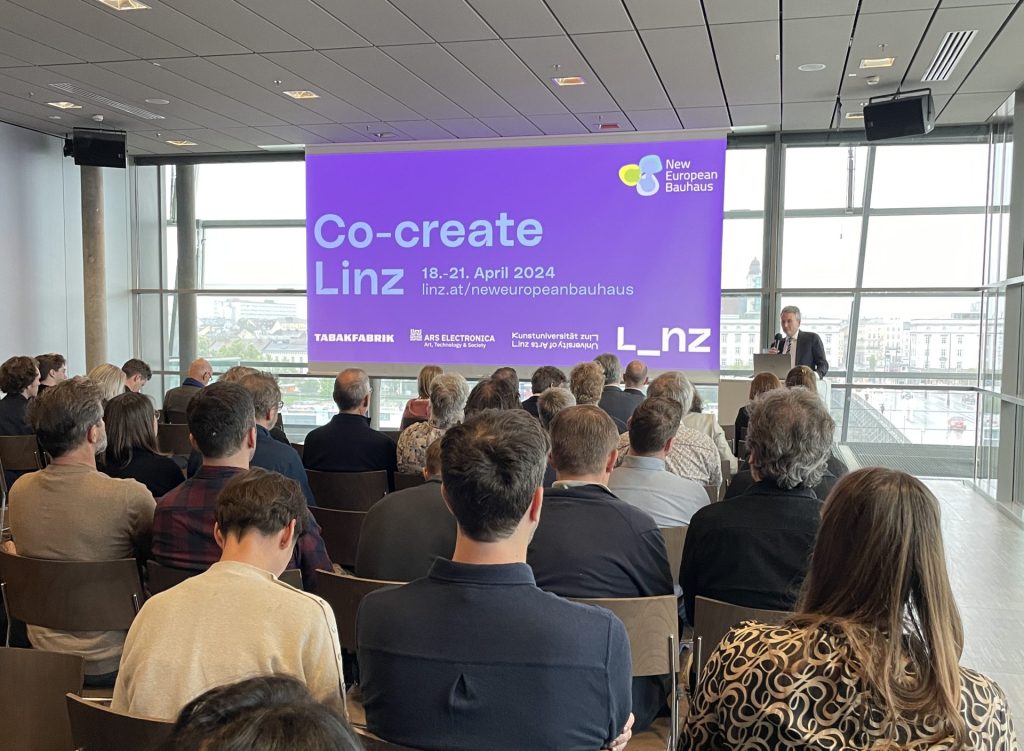 Presentations led by Planning City Councilor Dietmar Prammer shed light on the current challenges facing Linz’s urban development. During the meetings, urban development director Hans-Martin Neumann emphasized the transition from the Linz city strategy to adopting principles aligned with the New European Bauhaus movement. This shift aims to incorporate sustainability, innovation, and community engagement into urban planning practices. Additionally, Theodor Zillner from the Federal Ministry for Climate Protection, Environment, Energy, Mobility, Innovation, and Technology (BMK) provided insights into the New European Bauhaus initiative.
Presentations led by Planning City Councilor Dietmar Prammer shed light on the current challenges facing Linz’s urban development. During the meetings, urban development director Hans-Martin Neumann emphasized the transition from the Linz city strategy to adopting principles aligned with the New European Bauhaus movement. This shift aims to incorporate sustainability, innovation, and community engagement into urban planning practices. Additionally, Theodor Zillner from the Federal Ministry for Climate Protection, Environment, Energy, Mobility, Innovation, and Technology (BMK) provided insights into the New European Bauhaus initiative.
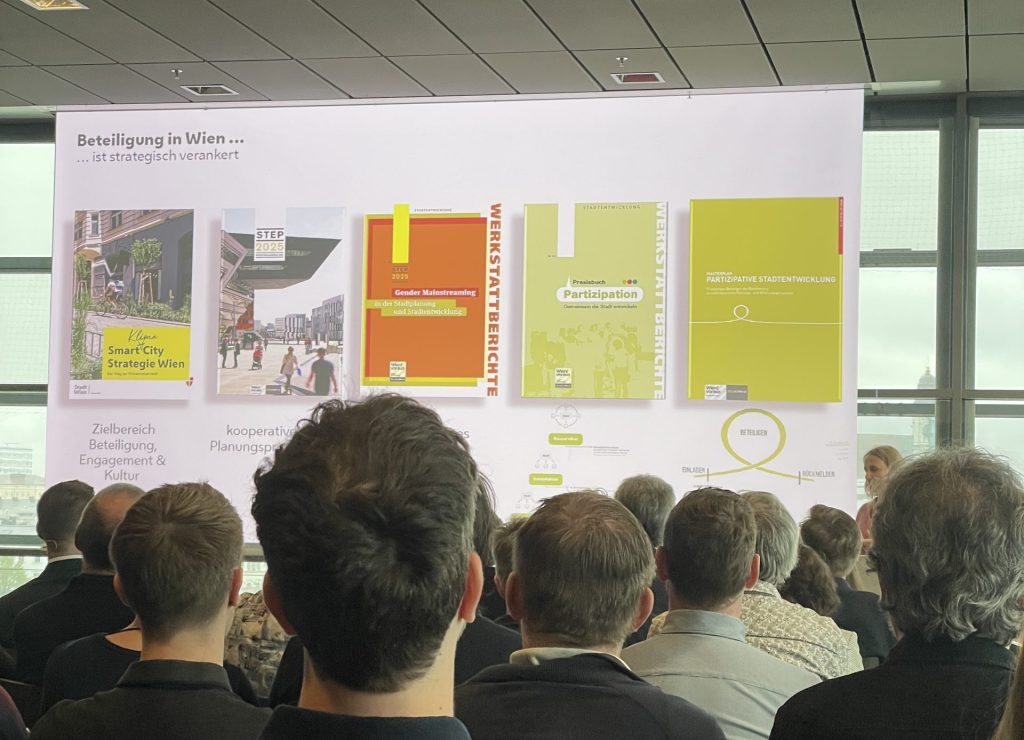
Speakers like Wencke Hertzsch offered valuable insights into participatory planning methods of the City of Vienna, emphasizing the significance of cooperation and co-creation. Hertzsch underscored the challenges inherent in engaging with diverse societal groups, including the inequalities and complexities of generational and class dynamics, which can hinder efforts to reach and involve certain segments of the population.
Silvia Hackl’s video presentation on the Innovationshauptplatz Linz showcased the city’s commitment to innovation and citizen engagement through practical examples. René Ziegler discussed strategies for connecting Linz’s neighborhoods to the inner city.
Claudia van der Laag from the University of Oslo delved into the concept of digital twins and their potential role in fostering citizen co-creation and self-organizing cities. However, concerns were raised regarding data privacy, interoperability, and transparency, underscoring the complexities involved in implementing such initiatives.
Hans-Martin Neumann provided information about The Franckviertel, a neighborhood being developed as a model for achieving a climate-neutral city, functioning as a living laboratory. Two million euros have been allocated for a social climate project in the Franckviertel.
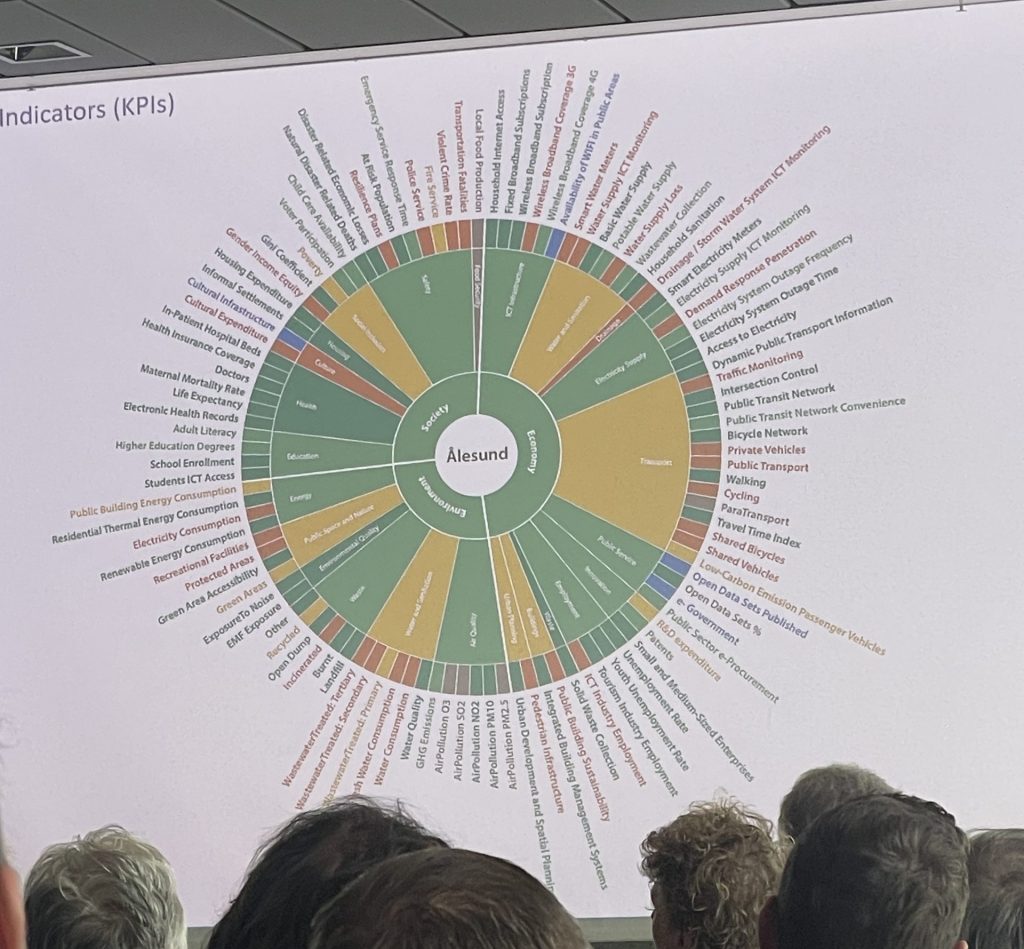
Stephan Hartmann from MA25 Vienna presented WieNeuPlus, a program focused on implementing climate-friendly and future-oriented solutions for neighborhoods.
Sylvia Pintarits from the City of Munich discussed NEBourhoods, explaining the design principles of the New European Bauhaus and how they can be implemented as New European Bauhaus Neighborhoods (NEBs).
Other presentations included insights from new urban development. Wolfgang Modera from GIWOG presented Sommerfeld Ebelsberg. Albert Wimmer from AWZT GmbH presented The new Linz university district. Christian Nußmülle presented Integrated Urban Development Graz-Reininghaus.
The symposium concluded with participants reflecting on and exchanging ideas for driving positive change in Linz, Austria and beyond.
[email protected]
